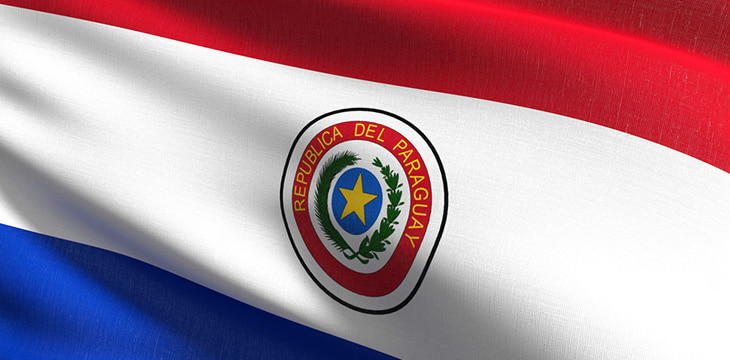
|
Getting your Trinity Audio player ready... |
Paraguay’s Chamber of Deputies, the lower house of the country’s bicameral legislature, has failed to proceed with a bill promoting block reward mining in the country.
The bill seeks to divert excess electricity in the mining process while incentivizing miners to set up operations in the country using electricity rate caps. The ambitious plan went smoothly until it faced the obstacle of a presidential veto from President Mario Abdo Benitez.
Paraguay’s constitution provides an alternative for lawmakers after the exercise of veto power by the president with the requirement of a new voting process after deliberations. The Chamber of Deputies opened new discussions about the bill and explored the pros and cons of incentivizing the mining firms.
Other areas of interest explored by the legislative house included the shortage of regulation in the wider digital asset industry, the fall of FTX, and the potential contagion it could have on the ecosystem. Deputy Carlos Sebastian Garcia argued in favor of the bill, noting that block reward mining activities would be a source of employment for Paraguans in addition to providing an additional revenue stream for the country.
“It is appropriate to reject the veto so as not to leave the field free again so as not to leave everything totally regulated and to give a starting point to an industry that has a lot of potential and has a lot of room for growth,” he said.
However, other lawmakers argued against the bill on the grounds that subsidizing energy costs would lead to losses for the government. By the end of the session, only 38 out of 80 lawmakers voted to proceed with the bill. Out of the number, nine lawmakers voted against it, and the rest were either absent or voted blank.
Global firms have their eyes on Paraguay
The bill has been in the works since July, having scaled the legislative obstacles in the Senate. If passed into law, pundits believe the bill will potentially make Paraguay one of the leading block reward mining hubs in the world, given its cheap energy costs, priced at 5 cents per kilowatt hour.
Block reward mining in the country has been picking up steam in the last 12 months following an uptick in global mining companies setting up shops in the country. In May, the Commons Foundation signed a 100-megawatt, ten-year power deal with Paraguay Electrical Authority (ANDE), the country’s grid operator.
“Our contract today is a historic day for Paraguay. I am confident that this business will succeed and attract more investors,” ANDE Chairman Félix Sosa said.
Watch: The BSV Global Blockchain Convention panel, Blockchain mining & energy innovation

 11-22-2024
11-22-2024


